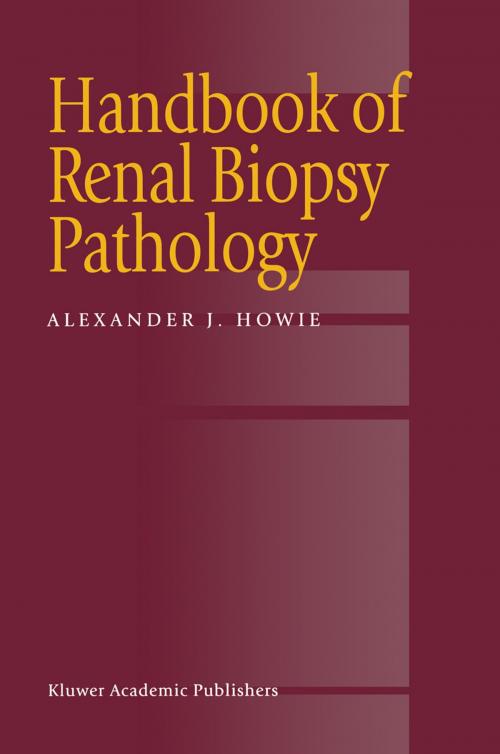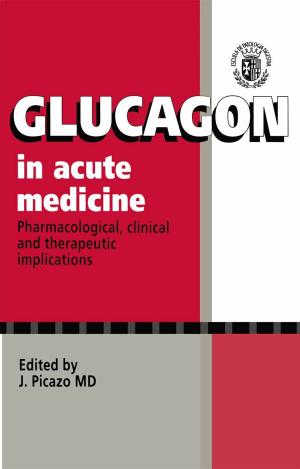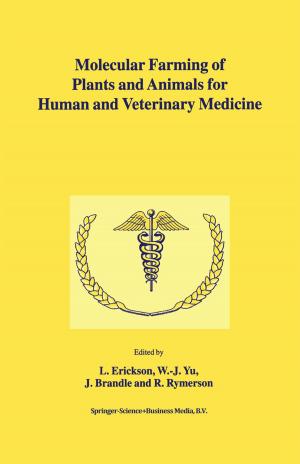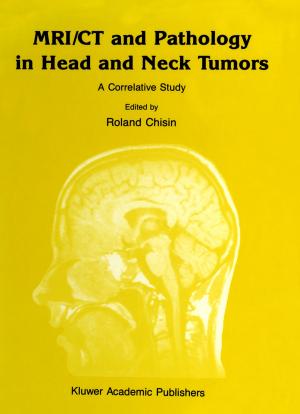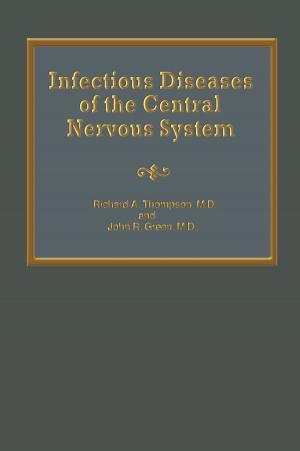Handbook of Renal Biopsy Pathology
Nonfiction, Health & Well Being, Medical, Specialties, Internal Medicine, Nephrology, Pathology| Author: | Alec J. Howie | ISBN: | 9789401007696 |
| Publisher: | Springer Netherlands | Publication: | December 6, 2012 |
| Imprint: | Springer | Language: | English |
| Author: | Alec J. Howie |
| ISBN: | 9789401007696 |
| Publisher: | Springer Netherlands |
| Publication: | December 6, 2012 |
| Imprint: | Springer |
| Language: | English |
1 This book is meant to be a practical guide to interpretation of renal biopsy specimens. Two things follow. First, the book has much less text than most on renal pathology, because only a little is said about pathogenesis and other matters not directly relevant to interpretation, nor are diseases mentioned that are not investigated by biopsy such as many developmental disorders, nor is there much on rare con ditions. Large and comprehensive textbooks can be consulted where necessary. The second thing is that this book has a different approach from standard texts in pathology. These consider each disease separately as identified, known, defined entities. This is excellent if a pathologist knows what to call the disease in a particular specimen and wishes to confirm the diagnosis or find out more about it, but is little use if the pathologist has no idea about the diagnosis. Most pathologists have experience of the search through many descriptions of diseases in textbooks to try to find the name that seems the most appropriate for the abnormalities in a specimen. This book should be seen as a guide into the standard texts that may be used as references for further information once a diagnosis has been made. This book tries to help the pathologist by the use of two rules, common things are common and diseases present in characteristic clinical ways. The book is arranged by clinical presentation rather than by diseases and concentrates on common conditions.
1 This book is meant to be a practical guide to interpretation of renal biopsy specimens. Two things follow. First, the book has much less text than most on renal pathology, because only a little is said about pathogenesis and other matters not directly relevant to interpretation, nor are diseases mentioned that are not investigated by biopsy such as many developmental disorders, nor is there much on rare con ditions. Large and comprehensive textbooks can be consulted where necessary. The second thing is that this book has a different approach from standard texts in pathology. These consider each disease separately as identified, known, defined entities. This is excellent if a pathologist knows what to call the disease in a particular specimen and wishes to confirm the diagnosis or find out more about it, but is little use if the pathologist has no idea about the diagnosis. Most pathologists have experience of the search through many descriptions of diseases in textbooks to try to find the name that seems the most appropriate for the abnormalities in a specimen. This book should be seen as a guide into the standard texts that may be used as references for further information once a diagnosis has been made. This book tries to help the pathologist by the use of two rules, common things are common and diseases present in characteristic clinical ways. The book is arranged by clinical presentation rather than by diseases and concentrates on common conditions.
